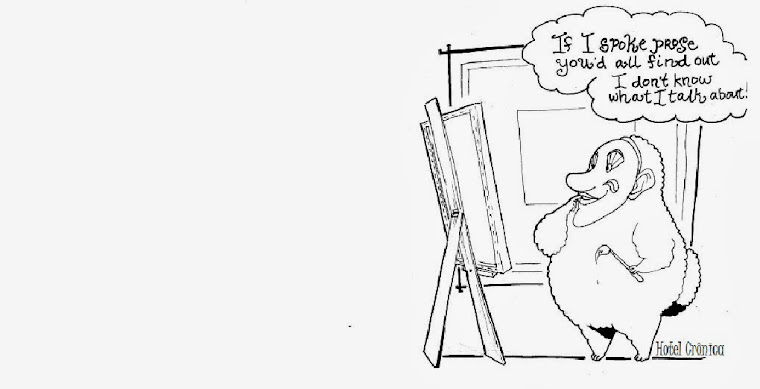Behavioral Economics is not a new science, it is rather a new method applied to an old concern.
Jevons and Edgeworth were practitioners of Behavioral Economics, as long as we understand this branch of Economics in a broader sense. Marshall, likewise, opens his "Principles" stating that Economics "is on the one side a study of wealth; and on the other, and more important side, a part of the study of man".
But then there was the Paretian turn. Fiat homo economicus!
Most people would blame Walras, but that is not quite true.
What has come to be known as Walrasian Economics does not resemble Walras' original thought. One should blame Allen, Hicks and Samuelson for the façon de parler imposed upon the french, poor little León!
Little by little Economics became an "as if" science, the process of decision is something that should concern Psychologists, not real practitioners of science. For there are those worried about stupid little things, e.g., the human mind, and there are real scientists, capable of taking the derivative of a trigonometric function in a blink of an eye.
Let me get back to the point, me and my friend Alysson Lorenzon Portella are writing a paper about this subject (it will be less ironic and more interesting than this post, I hope).
Our argument is that Walrasian economics can be interpreted as an interregnum in the History of Economic Thought.
Our argument is that Walrasian economics can be interpreted as an interregnum in the History of Economic Thought.
We address the plurality that once populated economics, particularly Armstrong, Bernardelli and Georgescu-Rogen and how they relate to Behavioral Economics, the awkward interpretation of Walras' tâtonnement and how it became the modus operandi of our science, and, finally, the possibility of modern economics divorcing from its Lausanne School monotheism.
I'm happy to be married with my lovely wife, but please let me have intercourse with different areas of science. Marrying once is great, but twice is just stupid!
Are we headed to a new cycle of plurality in Economics or is nowadays call for change just a consequence of the crisis?
Economists are full of crap with their crystal balls and their pseudo-science-santeria,
so I don't dare answer to such question.
so I don't dare answer to such question.
All I have to say in that regards is:
Keep your eyes wide open, don't marry the status quo and do what you believe,
don't believe in what you do.
